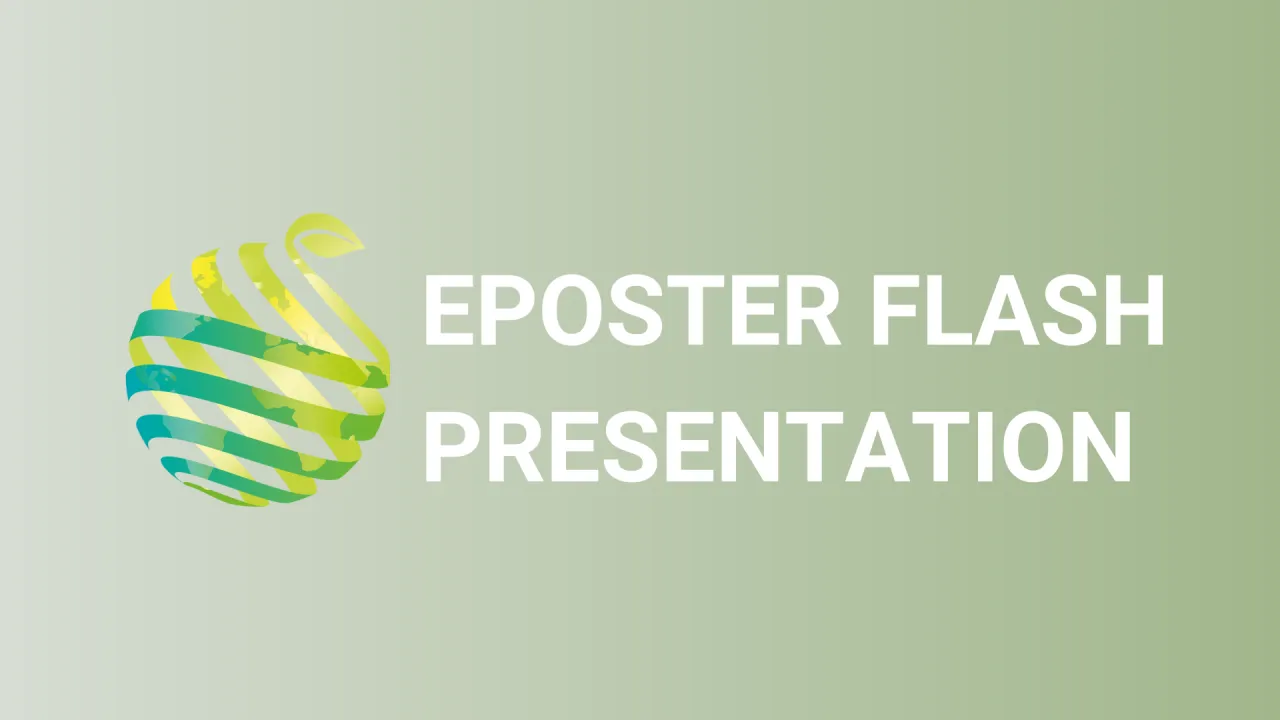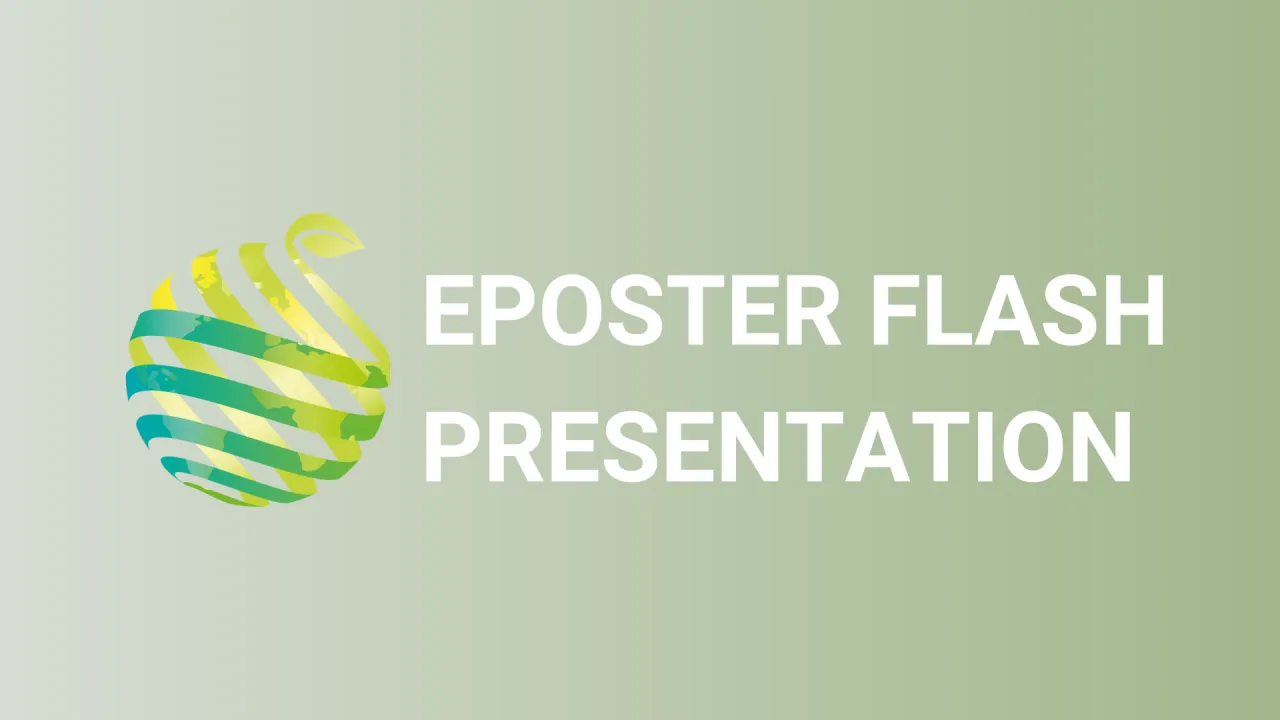

S18 - Session P2 - Tuberzone – a decision support tool constructed from a physiological model
Information
Authors: Marcus Travers *, James Wilson, James Taylor, Craig Burness
Tuberzone is a decision support tool for growers and processers based on the deterministic potato yield and size distribution model MAPP. MAPP was developed at the James Hutton Institute by MacKerrnon and Waister (1985) with additions from Marschall (1988). With the advent of remote sensing data, Web Map Services (WMS) and restful APIs the physiological model was adapted to take advantage of the new technology. Through a collaboration between academics and business Tuberzone was created. This process has created a model with predictive capabilities as well as a description of crop growth, quality and progression. Tuberzone has now been adapted for 7 different commonly grown root and bulb crops. The process of conversion of a physiological model to a decision support tool requires working at different scales, with different inputs and outputs and a focus on reliability rather than just accuracy. Results need to be evaluated to show the accuracy of predictions but also an understanding how accuracy comes about and can change. The model must also be independently evaluated both by customers, to build confidence, but also by the developers to ensure quality and reliability through data validation. This is as much about inputs as it is about outputs. Changing inputs, outputs and methodologies within a model can introduce bias as well as error and these two issues must be separated, identified and rectified. The processes and protocols used to introduce remote sensing and other data services into a model to create a decision support tool will be presented. These also give insight into how bias and error may come about. The evaluation processes and validation procedures will also be discussed. This will give an insight into how good data processes are key in ensuring good confidence in a modelling solution and managing the expectations of customers. The representation of results at different scales and the challenges from the demands of customers will also presented and discussed. The process of converting the model for use with other crops will also be presented.